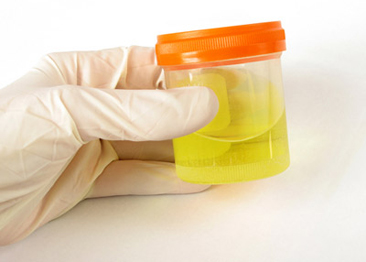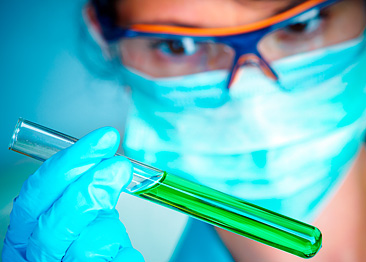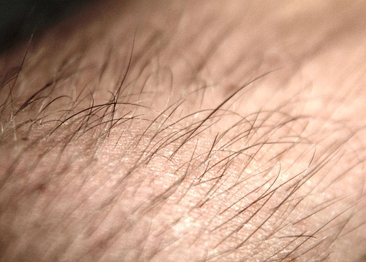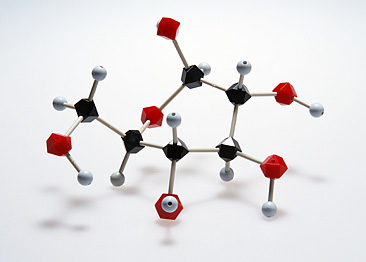Services

5-Panel, Urine Drugs of Abuse Testing (DOT or Federal Test).
The 5-panel, drug screen includes testing for Amphetamines, Cocaine, Opiates, PCP, and THC (Marijuana metabolites) plus a full adulterant and dilution panel in accordance with all Federal regulations. The 5-panel test includes collection supplies, collection by a DOT certified collector following DOT regulations, specimen testing, a full adulterant/dilution panel, specimen/record maintenance, and immediate reporting of results by phone, email, or online. This includes Medical Review Officer Services.
7-Panel, Urine Drugs of Abuse Testing
The 7-panel, drug screen includes testing for Amphetamines, Cocaine, Opiates, PCP, THC (Marijuana metabolites), Barbiturates, and Benzodiazepines, plus a full adulterant and dilution panel in accordance with all Federal regulations. This test includes all collection supplies, collection by a DOT certified collector following DOT regulations, specimen testing, a full adulterant/dilution panel, specimen record maintenance, and next day reporting of results by phone, email, or online.
10-Panel, Comprehensive, Urine Drugs of Abuse Testing
The 10-panel drug screen includes testing for Marijuana, Cocaine, PCP, Opiates, Amphetamines/Methamphetamines, Methadone, Barbiturates, Benzodiazepines, Methaqualone, and Propoxyphene.

Alcohol screening is performed with a DOT approved saliva alcohol device. It is required to have EBT confirmation testing on positive saliva alcohol screens.

Hair drug testing is a technique used for detecting drug use by examining hair samples for drug metabolites. With a one-inch hair sample containing about 50 hair strands, labs can detect the use of drugs within the past two months. If you have very short hair, labs are able to take a sample from any part of the body. Hair drug testing is widely used in the casino industry. People with dark hair are 10-50 times more likely to test positive for drug use from a hair-follicle drug test due to the different makeup of dark hair versus light hair.
During hair follicle drug tests, drugs deposited in hair can be measured by radioimmunoassay and ultra sensitive gas chromatograph/mass spectrometry procedures. Hair follicle drug tests can detect Marijuana, Ecstasy (MDMA), Cocaine, Opiates, Amphetamines/Methamphetamine, and Phencyclidine (PCP).

When you need DNA services, accuracy and confidentiality are essential. Alliance has partnered with a DNA laboratory that provides both. From the comfort of our facility, a simple oral saliva swab will be collected from the inside of the cheek. Once collected, the sample is securely packaged for processing.
In most cases, the testing is completed in as few as 48 hours (2 business days). Additional DNA testing also includes testing used to determine paternity or to verify biological immigration disputes.
We Offer:
- DOT Testing by Certified Collections Professionals
- Non-DOT Testing & Collections
- 5, 7, 9, 10 Panel Hair Follicle Tests & Collections
- Oral Swab Testing
- TPA Services: Random Pool Management
- (SAMHSA formerly NIDA) Certified Laboratories
- Nicotine Testing
- K2, Spice, Synthetic Testing
Outline of Testing Procedures
All collections are performed following the guidelines set forth by the United States Department of Transportation 49 CFR Part 40 "Urine Specimen Collection Handbook for Federal Workplace Drug Testing Programs" published by the Substance Abuse and Mental Health Services Administration. A chain of custody for each specimen to be tested will be established and maintained through the testing of the specimen. Split specimen procedures will be followed accordingly. Every effort is made to minimize the number of technicians handling the specimens.
Procedures for collecting urine specimens will allow for individual privacy unless there is reason to believe that a particular individual may adulterate the specimen. When an individual arrives at the collection site, the technician will request photo identification (drivers license). If the identity of the individual cannot be established, the collection will not occur. Individuals will be asked to remove any unnecessary outer clothing (coats, jackets, hats) that might conceal an adulterant. The technician will secure any personal belongings such as a purse or briefcase. The individual may retain his or her wallet.
The individual shall urinate into a collection container and provide at least 45 ml of urine. The technician will pour 30 ml of urine into one container to be used as the primary specimen. The remaining 15 ml split specimen will be stored at the laboratory for a period on one month. If the test result of the primary specimen is positive, the employee may request the split specimen be tested by a different certified laboratory. This request will be honored if made within 72 hours of the employee having been notified of a positive test result.
Random Testing
Our management of the random testing program removes the employer from the liability related to the selection process. Our computer program makes the random selections for the employer, and notifies the designated employee representative or safety director of the random employees selected.
Adulterated Specimens
Individuals attempting to interfere with, mask or dilute urine specimens containing drugs do so by adulterating or substituting the urine sample. Specimen adulteration can occur by either internal or external means. Internal adulteration refers to substances that are ingested either knowingly or unknowingly which may influence the drug result. Adulteration refers to the addition of substances into the urine that are easily detected because of physical properties such as color or odor and adulterant validity tests. Other substances may not be detected without additional analysis. Our testing protocol identifies adulterants that interfere with the testing process, allowing you to make informed personnel decisions.
Schools and Private Citizen Services
Alliance is pleased to offer our testing services to schools and the general public. If you have a testing need, please contact our offices to arrange services. Our certified technicians are available to help you with specialized testing needs. No appointment is needed for most testing procedures, and next day reporting of negative results are standard.